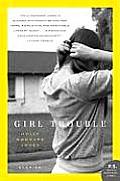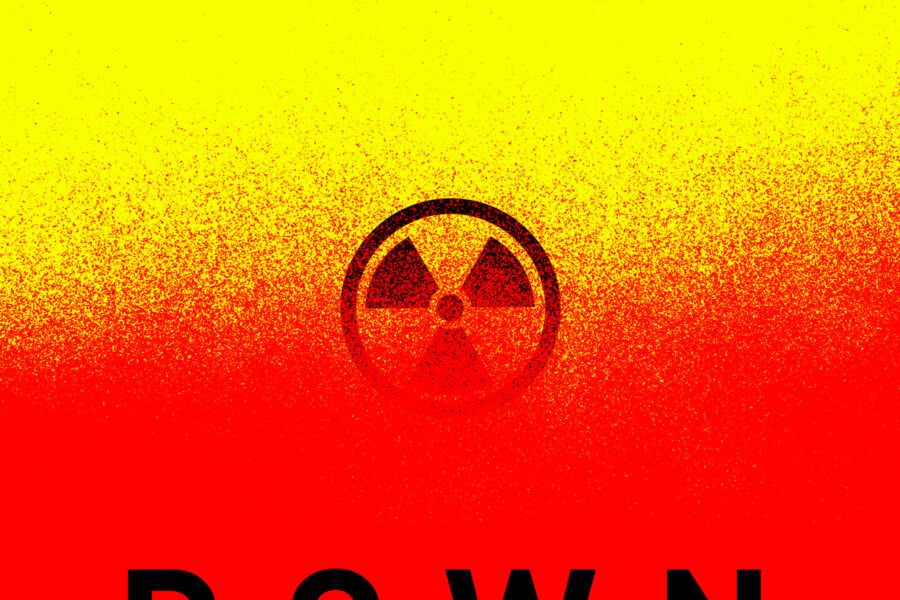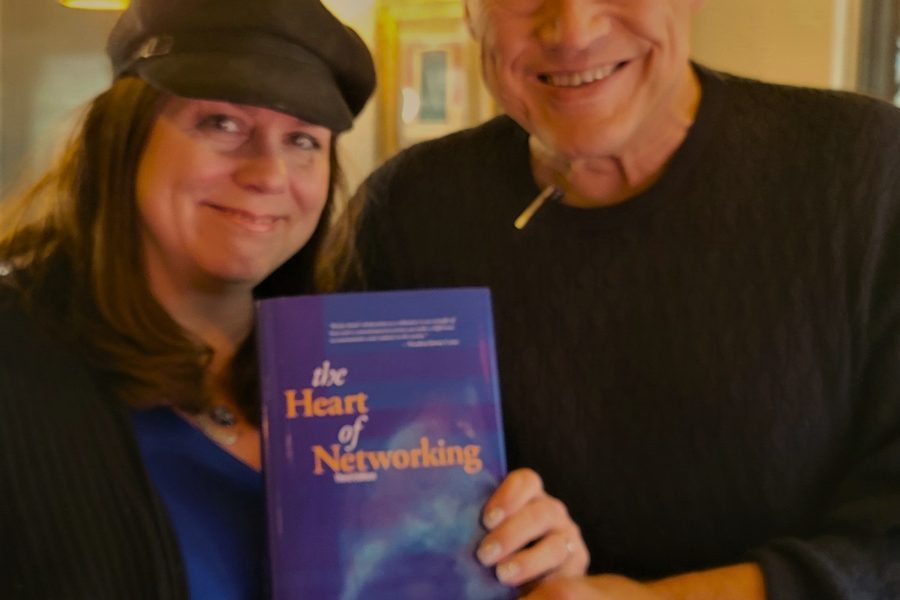Some nights, all of the things I know for sure — should be able to count on, like gravity and oxygen and sunrise — lose their power over me. I know who killed Felicia. I caught his eye a half-dozen times in the courtroom and simply understood, felt the guilt baking off of him like a fever, settling on me sick and damp and poisoned.
— Excerpt from “Parts,” from Girl Trouble
Holly Goddard Jones, acclaimed author of the short story collection, Girl Trouble, recently spoke with me about her writing heroes, what she loves about short story writing, the challenges of being your own editor, and a few insights into her newest project, a novel she has just completed writing and revising that is set in Roma, Kentucky — the same locale for her 2009 short story collection. Jones will speak this Saturday at the Atlanta Writers Club, where she will address framing and issues around point of view.
In Girl Trouble, Jones examines small-town Southerners who repeatedly walk the fine line between right and wrong, good and bad, love and violence. In one story, a high school basketball coach learns that his star player is pregnant–with his child. In another, a depressed widower is forced to decide between the love of a good woman and the love of his own deeply flawed son. The linked stories “Parts” and “Proof of God” offer distinct but equally correct versions of a brutal crime–one from the perspective of the victim’s mother, one from the killer’s.
Q: When did you know you wanted to writer?
I was always a reader and always a writer as a kid. As far back as I can remember, I knew that was important to me. In college I thought I was going to be a journalist. I realized once I started taking classes and interning that I liked the writing part a lot more than the reporting part of it. When I transferred to University of Kentucky (with my husband), I became an English major and started taking writing workshops. I really enjoyed it.
Q. What is your favorite story from your own writing?
The last story in Girl Trouble “Proof of God” – when I do readings, I often read from it. I think one reason I would say that one is my favorite is partly because I felt I managed to execute the vision I had for the story. It’s also one of the stories in the collection that I had to work the hardest on – it took me the longest to get that one right.
Q. Is it hard being your own editor?
I think I’m doing better at it — and that’s a recent development. That skill developed for me in being a teacher and reading my students’ stories and having fairly good instincts on where to (make editing suggestions) in a student’s story.
Q. At the end of Girl Trouble, there is a published literary interview where you talk about writing in third person. What types of stories are best suited for third person versus first person?
When you want intimate knowledge of your character but the kind of intimacy that only comes from being able to observe the character without the character realizing he or she is being observed, then a really close third person that is textured with the character’s voice is the best way to do it. Especially writing rural southern characters and wanting to give those characters credit for their intellect and give them dignity, it’s easier for me to do that with a close third that’s inflected with the character’s voice than to try to write a really faithful first person perspective because voice on the page feels much more exaggerated.
First person is also intimate but it’s a different kind of intimacy. With first person — unless we’re talking a pretty straight stream-of-consciousness, which can feel contrived— you are asking questions like “In what circumstances is this character speaking and to whom?” “Can I trust this narrator?” When you have a really close third person intimate perspective, I think you tend to trust the feelings and thoughts because you are not reading them as being filtered by the narrator.
Q. What do you like about short stories as a genre versus novels?
It’s been hard to be immersed in a project for years and to not know when I would finish and to not know if I would have anything worth sending out once I finished it. It’s like trying to build a house from the inside-out and you can’t stand outside and look to see what you actually constructed.
With a short story you can get that draft out so much more quickly and see the architecture of it and start envisioning ways you may start fixing it, which is very satisfying. As a reader, I appreciate the intensity of short stories – how practically every line in the story can be imbued with meaning and be poetic. There’s an intensity in the shorter form that’s really hard to sustain over 300 or 400 pages.
I am more of a novel reader than a short story reader but when I want that experience of intensity it’s the short story I go to.
Q. You are good at making characters real – how hard is that to do?
For me, it’s one of the things I love about writing. It’s getting into a character’s head and getting to know that character’s emotional landscape. This is true for me to the point that I recognize it as a kind of indulgence, going into a character’s head and lingering there for pages. That’s some of the most fun I can have as a writer, but it’s not always as fun for the reader as it is for me.
Q. Can you tell me about your novel?
A. It’s set in the same town of the short stories in Girl Trouble – Roma. It’s about a woman who goes missing and it’s a mystery unfolding over the course of the novel of what happened to her, who was involved and what are the repercussions of her disappearance on various characters’ lives. I consider this a literary suspense or literary mystery novel. It doesn’t move the way a mystery novel does but I think it borrows from some of those conventions.
Q: Who are your writing heroes?
I love Margaret Atwood and for the short story, Andre Dubus was really important to the way I formed as a short story writer. His work demonstrated to me that time can move differently. He also was so good at getting into a character’s head and heart in a really meaningful, tender, sincere way. I love Annie Proulx, Lorrie Moore and Cormac McCarthy. I like grittiness in literature or in the case of Lorrie Moore, that sharp sense of humor.
I’m really drawn to writers who push the boundaries of what literary fiction is – who can borrow from genres such as science fiction, fantasy, the mystery novel. There are so many examples of beautiful works of literature that draw from those genres. I don’t think literary writers should be afraid of [integrating these different writing genres into their writing].






